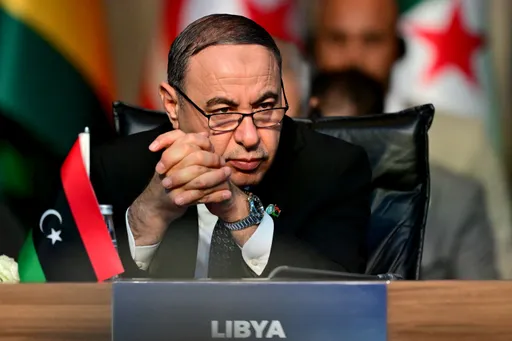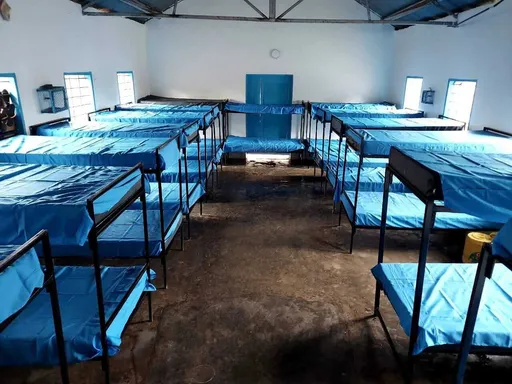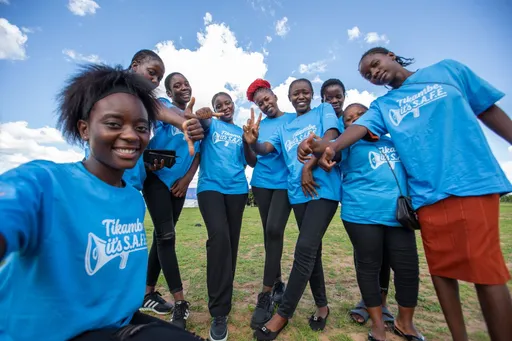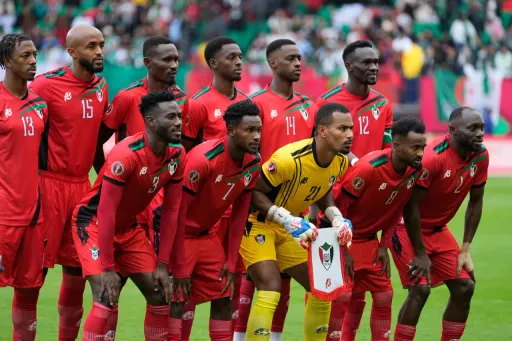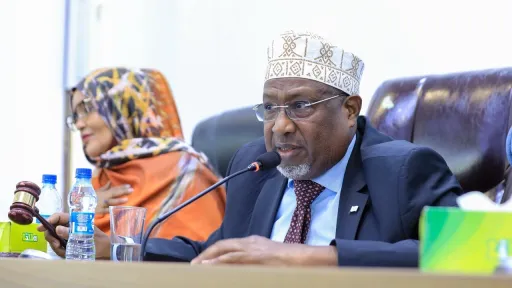Former US President Donald Trump took a defiant stance, telling a throng of journalists outside the gritty Manhattan courthouse on Monday morning that his trial was an "outrage" and an "assault on America."
He then strode into the courtroom, walking past nine rows of wooden benches with a stern expression and followed by his legal team.
The scandal-plagued 77-year-old is accused of falsifying business records in a scheme to shield his 2016 election campaign from a last-minute upheaval.
The so-called hush money affair involving an adult movie actress is only one of four criminal cases hanging over Trump, including historic prosecutions against the Republican's alleged attempts to subvert the 2020 election and prevent the winner, Joe Biden, from taking office.
Warning supporters
If convicted in the hush money case, Trump would potentially face years in prison, but legal observers consider this unlikely.
Even so, the prospect of Trump becoming a convicted felon throws an unprecedented wild card into an already unpredictable November 5 election, where he wants to defeat Biden and return to power.
He is running on dark vows of "vengeance" and seeking to spin his criminal cases as evidence of persecution.
On Monday his campaign released a video portraying Trump with the trappings of the presidency and warning his supporters that "they want to take away my freedom because I will never let them take away your freedoms."
Impact on election
Attempting to keep up his trademark bravado, Trump said last week that he will take the stand in the trial -- a highly unusual and often risky move for defendants.
The trial starts with what could be multiple days of jury selection. A pool of ordinary citizens convened by Judge Juan Merchan must answer a questionnaire including checks on whether they have been members of far-right groups.
The actual charges revolve around highly technical finance laws.
Trump is accused of illegally covering up suspicious remittances to his longtime attorney and fixer Michael Cohen. He denies the charges.
Trump also claims he will not get a fair trial in heavily Democratic New York.
Even if convicted, he would be able to appeal and would not be barred from continuing to run, or even being elected president on November 5.












